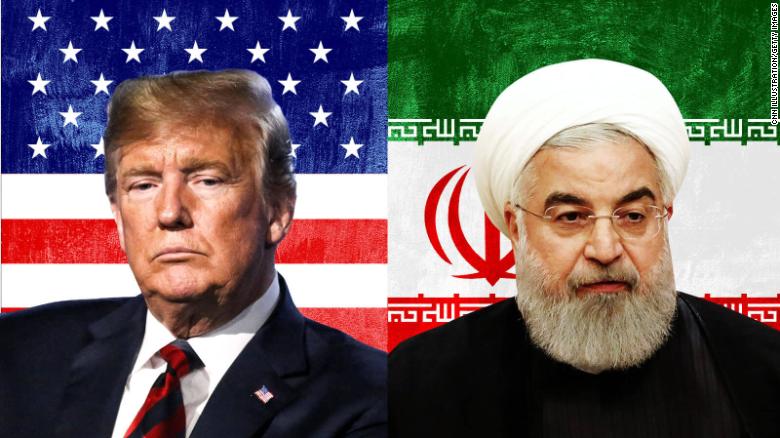
Economic measures launched by the United States break the consensus with European allies and threaten to destabilize the Middle East
To fulfill his threat to re-impose trade sanctions on Iran, Donald Trump has returned Washington to the path of unilateral international policy that leads to isolationism. Three months ago, the Republican president withdrew the United States from the nuclear deal, which was agreed on between the world powers and Iran in 2015 and was centered on controlling activities relating to the development of nuclear weapons. None of the remaining signatories of the pact − Russia, China, France, the United Kingdom and Germany − nor the United Nations International Atomic Energy Agency inspectors found reasons to report non-compliance.
The first wave of U.S. sanctions hit the trading of metals, the issuance of debt and transactions involving U.S. dollars, in the return of a heavy-handed approach with “maximum economic pressure” (as Trump has called it) upon the ayatollah’s regime. This follows the success of the multilateral diplomacy established by Democrat Barack Obama during the final stage of his administration.
To protect the interests of community enterprises affected by these punitive measures, the European Union has reacted by activating a “blocking statute.”* The countermeasure from Brussels, however, has not prevented companies such as Airbus SE and Renault SA from abandoning their interests in Iran in order to avoid a detrimental effect on their business in the United States. The disarray may worsen in November when Trump implements the second phase of sanctions, which will focus on the oil sector.
Under the pretext of forcing Tehran to renegotiate the nuclear deal by broadening discussions to include the ballistic missile program, Trump and the hawks who lead White House foreign policy seem to be pursuing the unlikely fall of the Islamic regime through economic suffocation. However, just as with the invasion of Iraq to overthrow Saddam Hussein, nobody seems to have anticipated the adverse effects caused by Washington’s escalation. The sanctions contribute to the strengthening of the most radical sectors of the Islamic Republic and threaten to destabilize the Middle East. Iran has already observed naval action in the Strait of Hormuz as well as attacks from Yemeni allies in the Bab-el-Mandeb Strait, both of which are strategic maritime channels for the global crude oil supply.
*Editor’s note: A blocking statute is a law enacted in a local jurisdiction that attempts to hinder application of a law made by a foreign jurisdiction. In this case, the law would attempt to shield European companies that do business with Iran from future U.S. sanctions by prohibiting the companies from respecting U.S. sanctions. It also would not recognize any court rulings that enforce the American-issued penalties.

Leave a Reply
You must be logged in to post a comment.